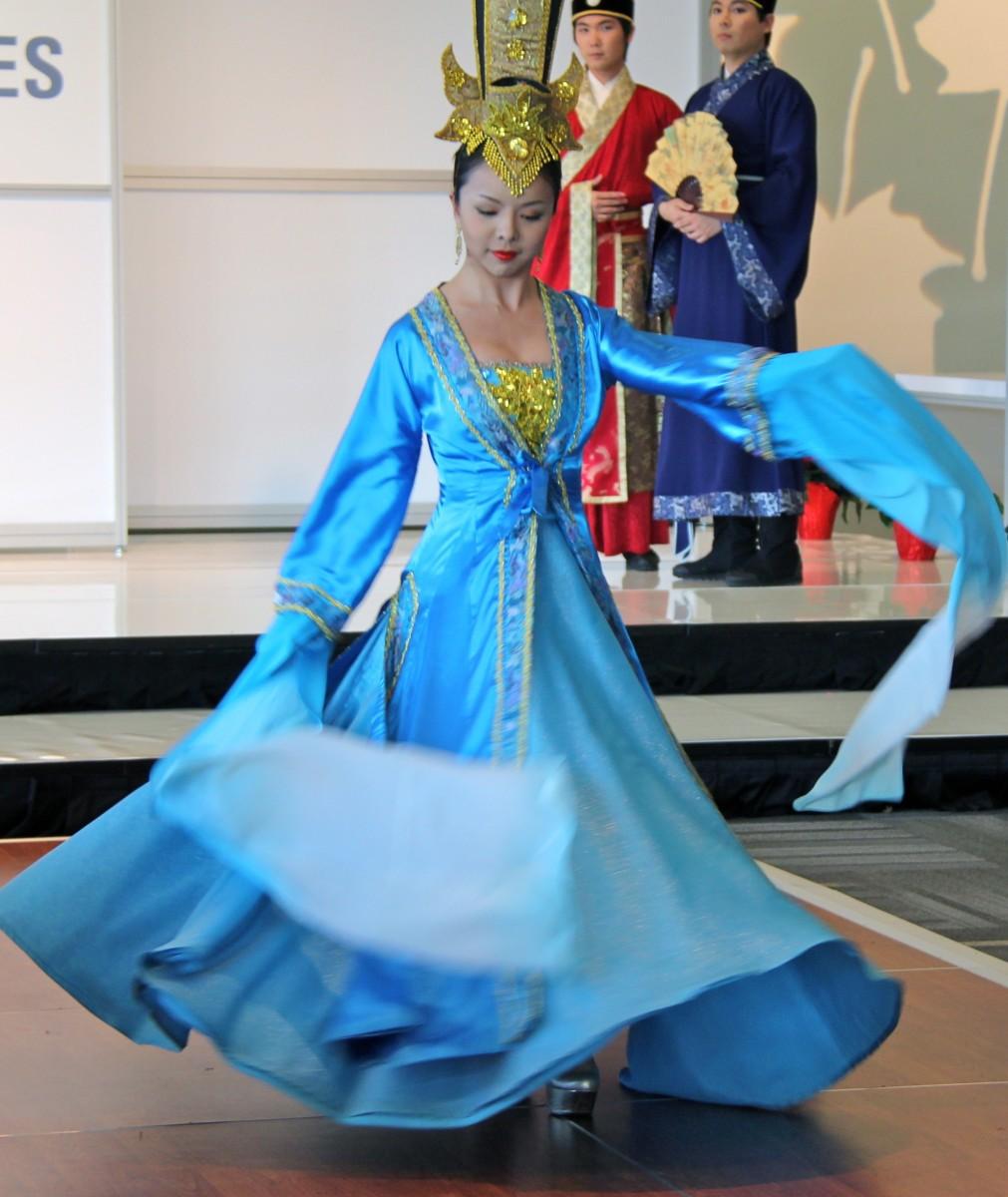
NEW YORK— What is the essence of traditional Chinese culture? Is it kung fu, dumplings, or perhaps the snugly fit mandarin gown also known as the qipao? Contrary to popular belief, those do not equate to the epitome of Chinese culture.
Many people, even Chinese people, think of the 1920s qipao as the representative of traditional Chinese attire, or that martial arts is nothing more than thrilling tricks from kung fu movies. However, those elements are not the zenith of classical Chinese garment or martial arts.
Many essential elements of the Chinese heritage were lost during the Cultural Revolution. NTDTV is currently looking for contestants who are interested in researching, learning, and promoting authentic Chinese culture.
NTDTV is a nonprofit news station founded in 2001. It directly broadcasts uncensored news via satellite into parts of mainland China and has 100 million potential viewers around the world.
International Chinese Traditional Martial Arts Competition
“In China, there are hundreds of major [martial arts] schools and an uncountable number of smaller ones,” said Tim Sun, the director of the competition series.Each school has its own discipline, its own art.
According to Sun, Martial arts played a pivotal role in Chinese history; it would be a shame for these traditions to undergo atrophy.
Historically, the martial arts have played a large part in winning Chinese wars. Yue Fei (1103–1141), one of China’s most famous military generals, practiced and created martial arts styles.
Many Taoists also pursued martial arts for its spiritual significance.
“This is not your typical competition,” Sun said. “In previous years, we’ve had students who entered with their teachers. The purpose of this competition isn’t to win, but to rediscover this culture and promote it.”
Global Han Couture Design Competition
There is currently a renaissance of traditional Chinese attire, according to Amy Lee, one of the judges of the competition.Cultural experts have found that the climax of traditional Chinese fashion design belongs to that of the Han people from the Tang, Song, and Ming dynasties (A.D. 618–1644).
When Lee went to fashion design school in China in the 1980s, her curriculum only touched on the Han designs briefly. Many ancient traditions have not been passed down, she said.
The competition contestants are required to do research on traditional Chinese fashion, since its history is not incorporated in fashion design schools in China.
“This is our fourth competition … and people are beginning to realize that the qipao does not represent Chinese dress. More and more people are learning about the Han Couture,” Lee said.
There is a deeper layer to Han design, and it encompasses the essence of Chinese culture, according to Lee. Traditional Chinese culture emphasized civility, etiquette, and elegance; the ambiance of Han design is elegance.
“Wearing elegant clothing helps to refine a person’s speech and conduct,” she said. “You will automatically think of how should I behave when I wear elegance.”





